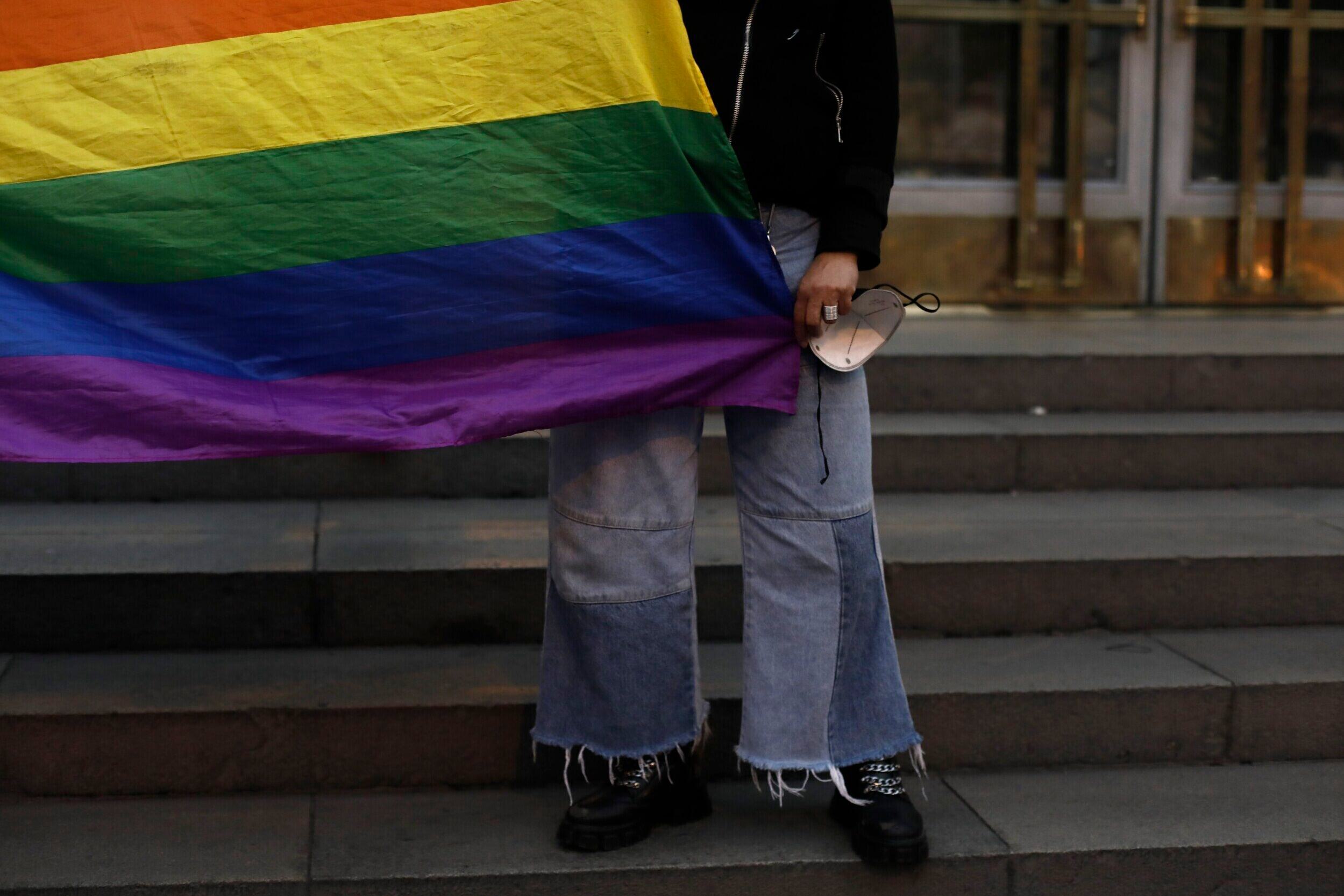A gender health specialist at the University of Alabama at Birmingham (UAB) appeared on video referring to the suicide of an underage transgender individual as bold.
Morissa Jean Ladinsky, Associate Professor of Pediatrics at Children’s of Alabama and specialist at UAB’s LGBTQ+ Mental Health & Wellness Clinic, recently spoke at the 2022 annual American Academy of Pediatrics conference.
Ladinsky, who spoke on the conference's final day, used the suicide of 16-year-old Leelah Alcorn as a case for “affirming” care for transgender youth, calling the teen’s suicide bold.
Alcorn, a male who identified as female and changed his name to Leelah, committed suicide by stepping in front of a semi-truck.
Ladinsky’s comments were captured on video by another pediatrician, Dr. Julia Mason, who later took to Twitter to criticize the comments.
“In the final days of 2014, a local 16-year-old young lady, Leelah Alcorn, of trans experience, stepped boldly in front of a tractor-trailer, ending her life. Her suicide note, written to post on social media about an hour after her death, went viral, literally around the world. Now Leelah was not my patient, but I took care of hundreds of her classmates at Kings Mills High School. But, each day, on the way to work, I passed that spot where this teen boldly ended her life."
Here’s my iPhone video of Dr. Ladinsky glorifying suicide in a 16 year old. In case you were thinking I misunderstood. pic.twitter.com/zrlSU2puVZ
— Julia Mason MS MD (@JuliaMasonMD1) October 11, 2022
Dr. Mason reacted to the comments by accusing Ladinsky of glorifying the teen’s suicide.
“Glorifying suicide is unprofessional and dangerous,” Mason said.
“As pediatricians, we’ve forgotten what we’ve been taught about childhood development. We’ve forgotten what we’ve been taught about suicide prevention. We’re ignoring what our colleagues in Sweden & Finland & the United Kingdom have realized. We’re concretizing gender ideation.”
Ladisnky has previously spoken to 1819 News on her approach to treating transgender children and youth.
Alcorn’s suicide note was replete with examples of depression that he struggled with his entire life. The years following Alcorn's suicide saw a bevy of criticism against the parents' decision to send him to Christian-based therapy instead of allowing Alcorn to receive "affirmative care."
“I have decided I've had enough,” Alcorn’s suicide note read. “I'm never going to transition successfully, even when I move out. I'm never going to be happy with the way I look or sound. I'm never going to have enough friends to satisfy me. I'm never going to have enough love to satisfy me. I'm never going to find a man who loves me. I'm never going to be happy. Either I live the rest of my life as a lonely man who wishes he were a woman or I live my life as a lonelier woman who hates herself. There's no winning. There's no way out. I'm sad enough already, I don't need my life to get any worse. People say ‘it gets better’ but that isn't true in my case. It gets worse. Each day I get worse. That's the gist of it, that's why I feel like killing myself. Sorry if that's not a good enough reason for you, it's good enough for me.”
To connect with the author of this story, or to comment, email craig.monger@1819news.com.
Don't miss out! Subscribe to our newsletter and get our top stories every weekday morning









